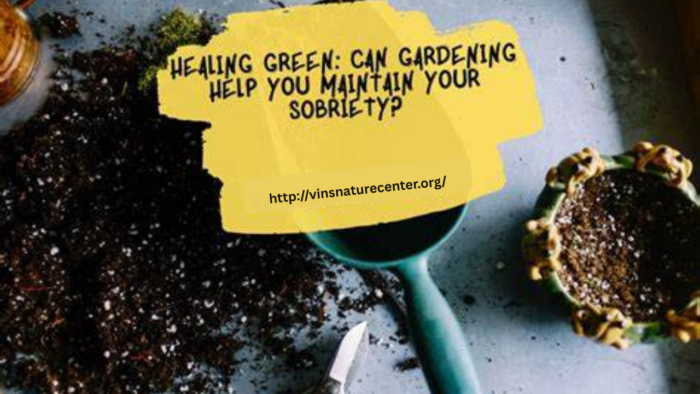
Recovery from addiction is a journey of healing—one that often calls for more than therapy and medication. It also demands nurturing, routine, and reconnection with life’s natural rhythms. Gardening, an age-old practice of cultivating and caring for plants, offers a surprisingly effective and holistic way to support sobriety. Tending to a garden is not only calming and meditative but also symbolic of the recovery process itself: it requires patience, persistence, and hope.
Nature’s Therapy Through Soil and Seed
Gardening engages the senses in ways that bring individuals back into their bodies and the present moment. The feel of soil between the fingers, the scent of blooming flowers, and the sight of green growth foster a sensory experience that’s both grounding and uplifting. For those in recovery, this hands-on connection to life can be deeply healing. Research shows that spending time in green spaces can reduce anxiety, lower stress hormones like cortisol, and improve mood—all crucial in the fragile early stages of sobriety.
Moreover, working with soil has proven biological benefits. Soil contains microbes like Mycobacterium vaccae, which have been linked to increased serotonin production in the brain. This natural mood booster can help counter the emotional lows often experienced in withdrawal and early recovery.
Structure, Routine, and Responsibility
Addiction thrives in chaos, but recovery flourishes with structure and consistency. Gardening provides both. Whether it’s watering plants daily, pruning leaves, or planting new seeds, maintaining a garden encourages a regular routine. These small, consistent tasks help restore a sense of order and control—something many in recovery are rebuilding.
Taking responsibility for living things also instills a sense of purpose. Watching plants grow from seeds to blooms mirrors personal growth, reminding individuals that transformation takes time and care. In this way, gardening becomes not just a hobby, but a reflection of the inner work being done in recovery.
Mindfulness and Meditation in Motion
Gardening naturally cultivates mindfulness. It’s hard to worry about the past or future when you’re fully engaged in planting a seed or trimming a vine. Each task encourages focused attention and present-moment awareness, helping to quiet the mental noise that can fuel cravings or emotional distress.
The repetitive motions involved—digging, watering, weeding—act as a form of meditative movement. This physical mindfulness can reduce anxiety, enhance emotional regulation, and offer a calm, healthy alternative to self-destructive habits.
Reaping What You Sow: Empowerment and Growth
Watching a garden flourish offers a tangible sense of achievement. These visible results can be incredibly motivating, especially for those who may feel disheartened by slow progress in their recovery. Seeing the fruits of one’s labor reinforces the message that healing is possible, that new life can emerge from a barren place.
Gardening also fosters a deeper connection to nature and the cycles of life. This reconnection reminds individuals of their own resilience and capacity for renewal.
Conclusion
Gardening is more than just planting flowers or vegetables—it’s a nurturing, therapeutic process that parallels the journey to sobriety. Through the quiet power of tending to the earth, individuals in recovery can find peace, purpose, and healing. In every sprouting seed and unfolding bloom lies a reminder: with time, care, and patience, new life will always take root.